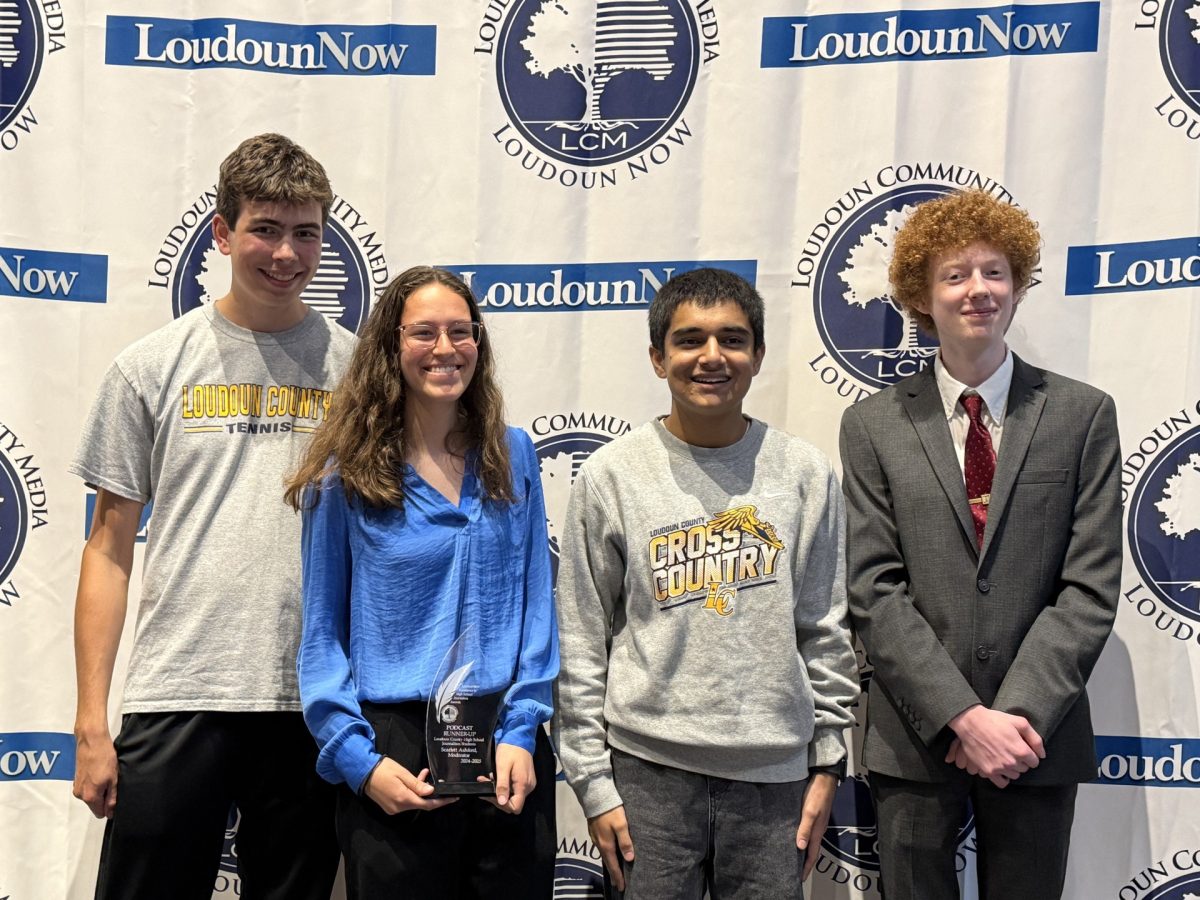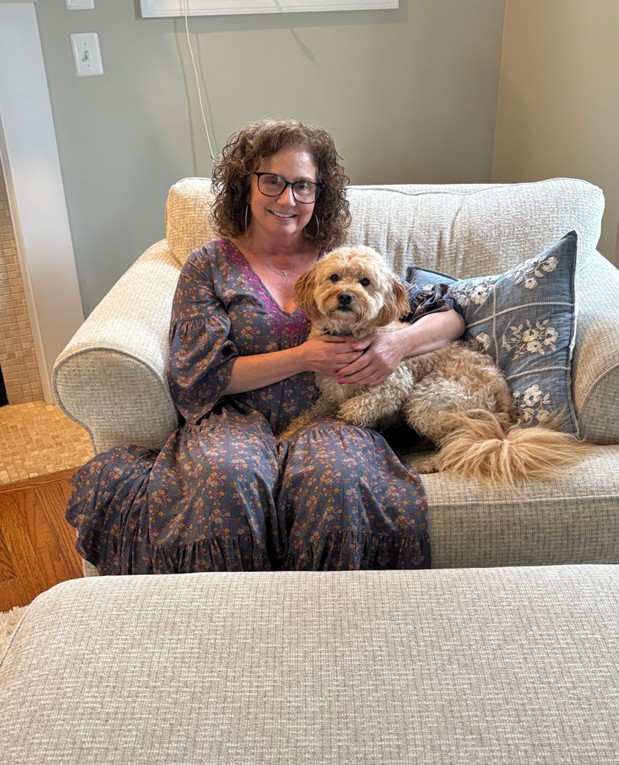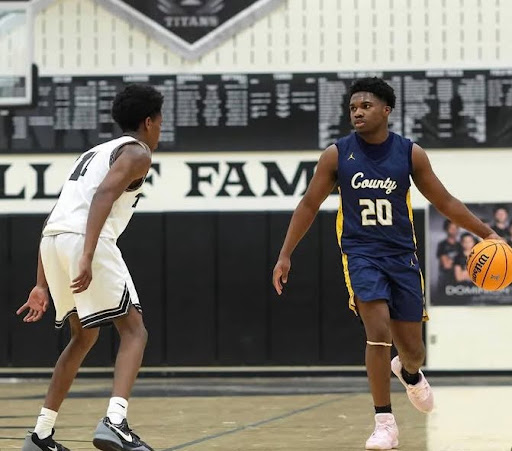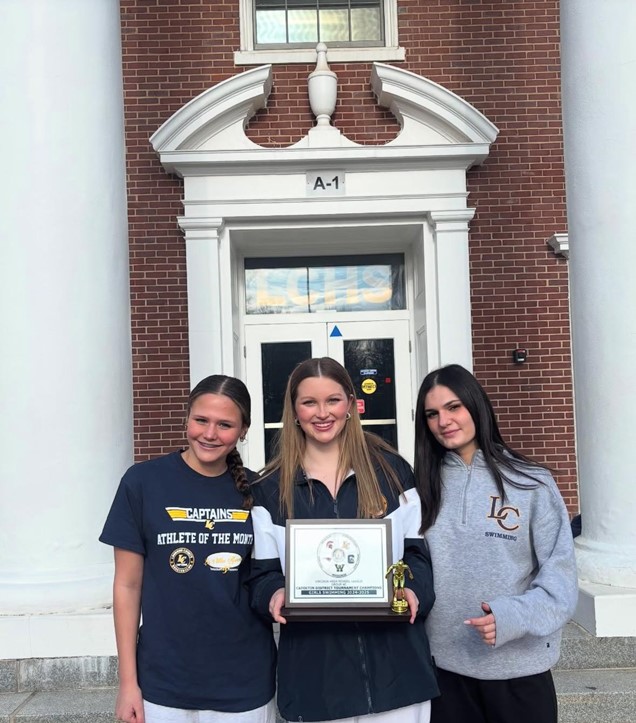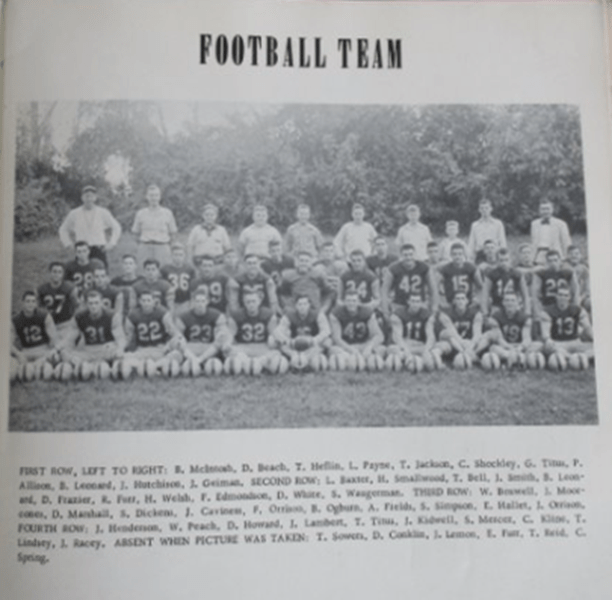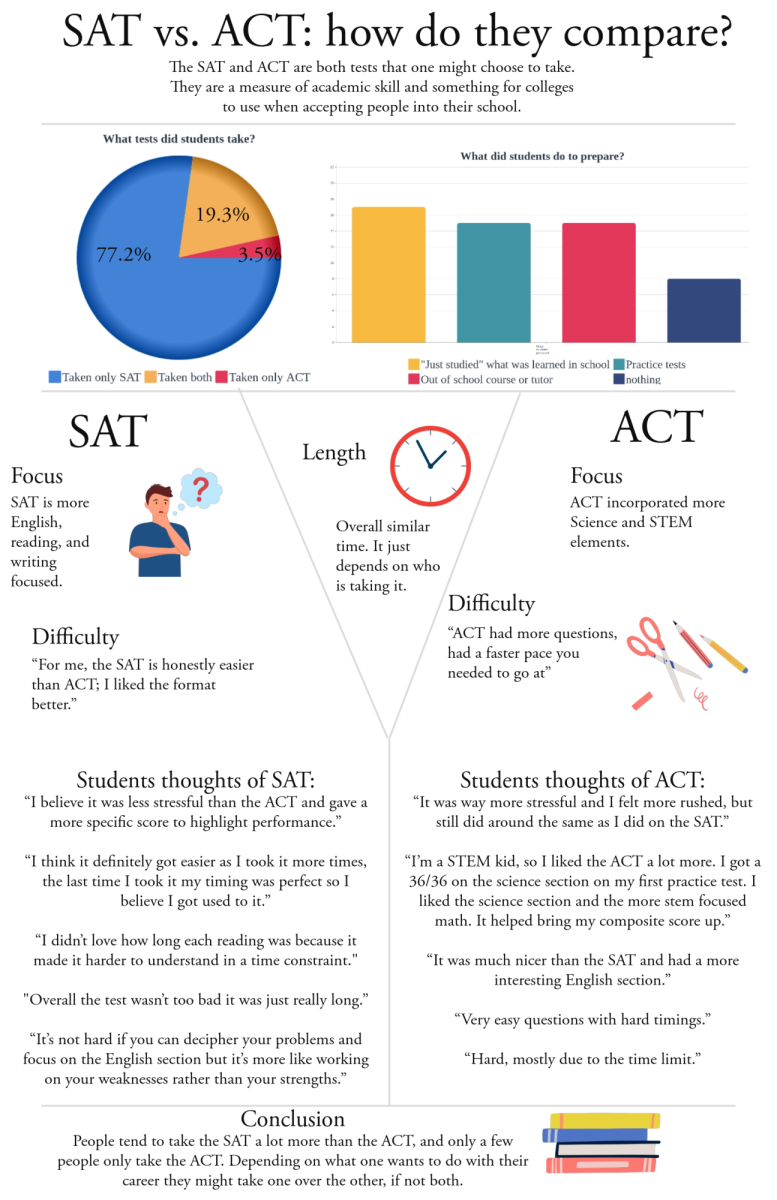On January 20, Chinese company Deepseek released their new R1 family of AI models. These models made shockwaves in the media and stock market for being smaller and cheaper to create than Open AI’s ChatGPT while having comparable performance. With these advancements, Deepseek brings new implications and challenges for students and education.
Deepseek initially made waves in the US economy for shifting the global balance of AI. Prior to Deepseek R1, the United States had by far the most powerful and publicly available models including OpenAI’s ChatGPT, Google’s Gemini, and Meta AI’s LlaMA. According to Deepseek and tests by outlets such as The Register, despite being smaller and considerably cheaper to make, Deepseek outperformed or had similar performance to American models across multiple benchmarks and subjects.
On top of its great performance, Deepseek is completely open-source. American companies, particularly OpenAI which, as the name suggests, was created to be open to the public, are counterintuitively close-source. Unlike with ChatGPT, anyone can download and run Deepseek R1 Models on their own computers as an alternative to having to use websites that can take your data. When downloaded on your computer, neither internet connection or having a powerful computer is necessary to take advantage of these models.
Because of Deepseek’s powerful performance and ability to be run on personal computers, it provides a new challenge which ChatGPT never could. Since ChatGPT was first released, Generative AIs have been mostly blocked on student computers and restricted on the school’s Wi-Fi network. Deepseek isn’t necessarily affected by these issues. Although it can’t be run on Chromebooks, anyone with a Windows computer can have unrestricted access to Deepseek even while at school. I am an Academies of Loudoun student, so instead of a Chromebook I have a school-issued Windows laptop. Despite being a school device which has most of the same restrictions as regular Chromebooks, it took me all of 15 minutes to download and run Deepseek on my school computer, and I have no issues running it in school; however, I don’t use AI to cheat and only downloaded it to prove a point in this article.
But students who use a personal computer rather than a school-issued device can run any AI model, not just small versions of Deepseek. The county actively allows personal devices in their Bring Your Own Technology (BYOT) program because, “Having access to a personal device in addition to their school-issued device may provide additional opportunities for collaborating and interacting with their teachers and peers to conduct research,” according to the BYOT webpage. Students with personal devices can access AI using a VPN, or virtual private network, which allows for private connection on public networks by encrypting data meaning webpages blocked on school Wi-Fi can still be accessed. VPNs are banned in school, but the County does nothing to regulate this on personal devices.
AI is becoming a new branch of the digital divide. As technology advances, people who don’t have access are left further behind, but students in Loudoun County are lucky enough to be given computers and technology access so they don’t face this issue. By the school banning AI, not just controversial large language models like ChatGPT, but also most programs or websites which employ generative AI that can’t be used for cheating, students with only their school issued device lose access to powerful, and often scholarly, resources.
More than just generative AI, and must less controversially, most websites that require signing up with an email can’t be used by students. If a website isn’t specifically reviewed and approved by the county, students cannot sign up with their school email. On Chromebooks, students can only use their school email. The effect is that students lose access to better resources. Does a student want to listen to music on Spotify or Youtube Music in their own home using a school-issued Chromebook? They can’t, it’s not approved. Does a student want to accurately transcribe their recordings from an interview and quickly add speaker labels? They can’t, it’s not approved. Does a student want to read a New York Time article for a class project which needs timely news stories? They can’t, it’s not approved. Of course, this isn’t a problem for students who bring their own computers and can simply sign in with a personal email.
Students with Chromebooks aren’t completely blocked from these activities. For example, students can use Word to transcribe audio, can listen to music on regular Youtube, and can use the library databases for news articles, but dedicated apps and websites offer more user friendly and powerful experiences. For example, although Word can create transcriptions with speaker notes, it doesn’t easily sync edits to transcriptions, misattributes speakers, and fails to capture an inexcusable amount of words. Any student with a personal computer gets access to more powerful software which gives them an edge over students who only have Chromebooks.
If the district wants equality, they can either empower school issued devices, or crack down on personal devices, but banning personal devices isn’t equitable. Bringing everyone down to the lowest standard would pull students behind other districts in college and beyond. Instead, the school can take a more open stance on technology, especially websites that can’t be used to cheat and don’t contain AI, allowing everyone access to the same tools.
Until more official and sweeping reforms take place, students can contact the Instructional Facilitator, Technology, Jana Wagoner, to request specific websites to be unblocked.
Deepseek marks an important step in AI, giving powerful tools directly to the public for uninhibited use. This not only broadens access to AI, but ensures permanent public access to it. The county has much the same option, do they want to gatekeep technology or will they put it in the hands of all students, not just those rich enough to buy a laptop.



